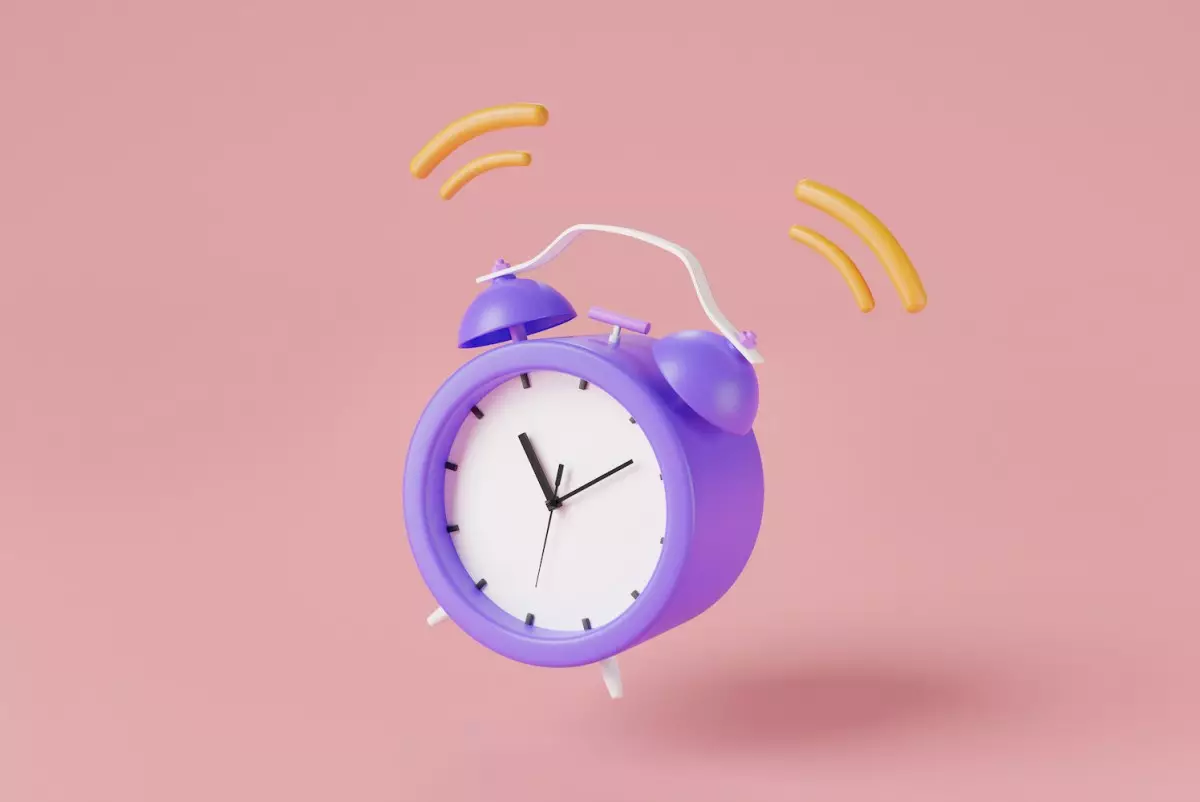The launch of the Lately app marks a significant innovation in the realm of time management, specifically tailored for individuals grappling with Attention Deficit Hyperactivity Disorder (ADHD). Erik MacInnis, the indie developer behind this app, provides a personal touch to its creation, using his own experiences of chronic tardiness to fuel his mission. The premise of using gamification—rewarding users for arriving on time—transcends mere utility and taps into a deeper psychological need for achievement, making it more than just a scheduling tool.
Understanding Challenges Faced by Individuals with ADHD
Time management is an arduous task for many, but for those with ADHD, it presents unique challenges. The concept of “time blindness,” where individuals struggle to perceive time accurately, makes simple tasks like leaving the house on time feel monumental. While traditional applications have sought to remedy various time-related issues through reminders and timers, they have largely overlooked the nuanced difficulties associated with ADHD. Lately aims to bridge this gap, leveraging reminders in an engaging way that keeps users routinely attuned to their schedule.
Breaking Down the Unique Features of Lately
At the heart of Lately’s design is its systematic reminder process. The app sends notifications to users 30 minutes, 10 minutes, and 5 minutes before they need to leave, effectively nudging them without being intrusive. Perhaps one of its most clever implementations is the integration of Live Activities, allowing users to visually track time remaining on their iPhone or Apple Watch—an informative element that can cultivate a heightened sense of urgency and awareness.
Moreover, Lately capitalizes on a coin system tied to user performance that infuses a competitive spirit into an otherwise mundane task. The point system, delineated through various levels of difficulty, creates an atmosphere of engagement. For example, the “Goldfish” level offers leniency, whereas the “Yoda” level exacts penalties for tardiness. This not only gamifies the experience but also underscores personal accountability—a crucial component for individuals often accustomed to falling short of punctuality.
Room for Improvement: Addressing Limitations
Despite its potential, Lately is not without its shortcomings. The current limitation restricting travel options to driving and walking is a conspicuous oversight, especially in urban landscapes where public transportation is a necessity for many. Users who rely on buses, trains, or bikes are left without a tailored solution that acknowledges the complexities of their daily routines. This could diminish the app’s reach and effectiveness among a demographic that includes diverse commuting methods.
Moreover, while Lately’s point system provides instant gratification, relying solely on gamification may not be sufficient for cultivating long-term changes in behavior. A deeper understanding or additional strategies might enhance the app’s efficacy, helping users tackle the root causes of their time management challenges, rather than merely celebrating punctuality.
Inspiring Motivation Through a Reward-based System
The psychological underpinning of reward systems plays a crucial role in motivating individuals with ADHD. By inching closer to that coveted point accumulation and achieving social recognition through virtual badges, users find themselves not only aware of their time management but also inspired to improve it. This is reminiscent of other successful applications like Finch, which gamifies daily tasks. Such insights reveal an emerging trend in leveraging psychology to bolster productivity—a trend that Lately seems poised to capitalize on.
As Lately looks to expand its features to include notifications for friends and an Android release, its evolutionary path follows the demands of users for a more interconnected experience—one where social accountability could enhance motivation. In tackling the time management intricacies associated with ADHD through an engaging platform, Lately could reshape how individuals view punctuality, offering not just reminders, but a renewed sense of personal agency and accomplishment in a traditionally frustrating arena.

